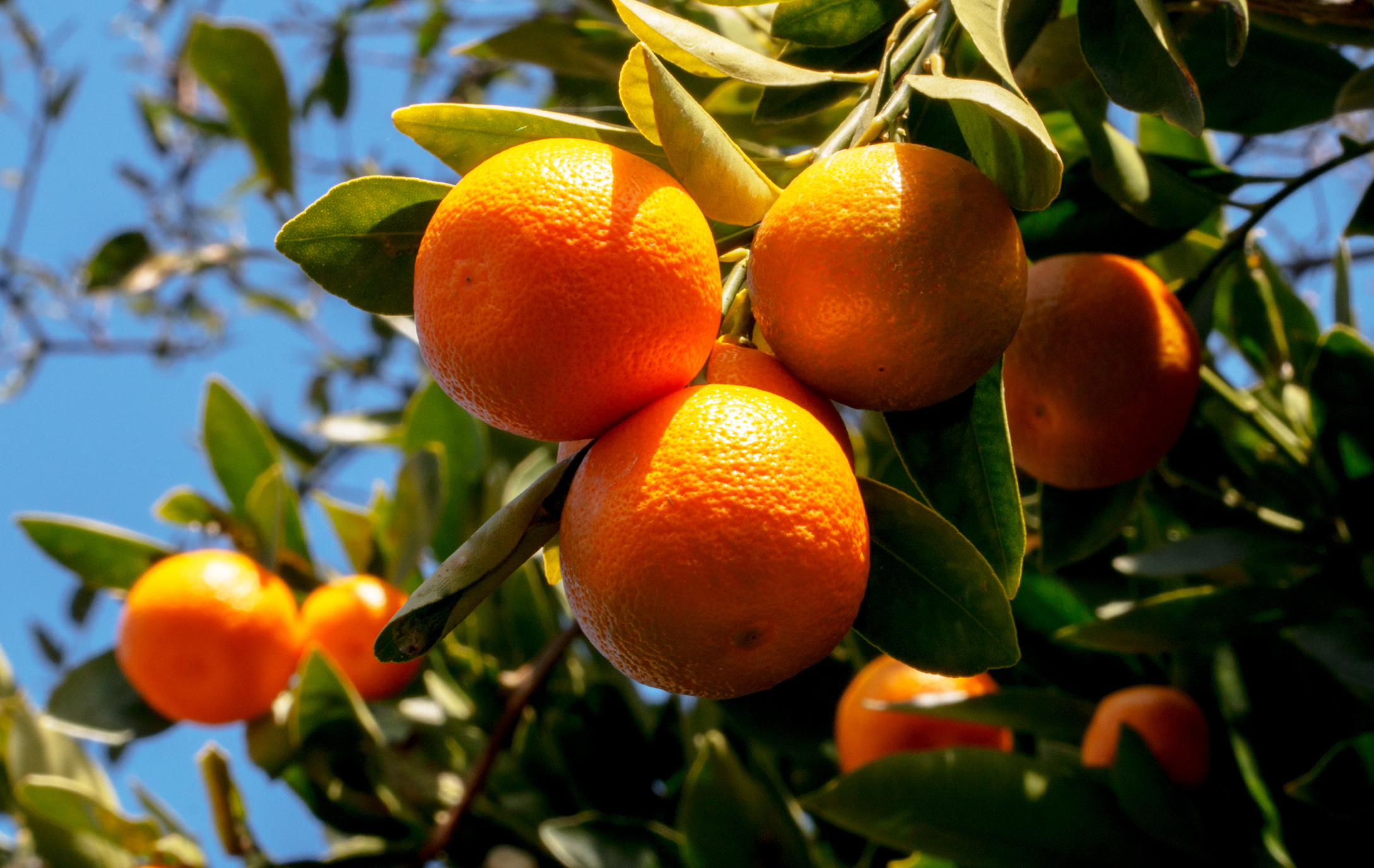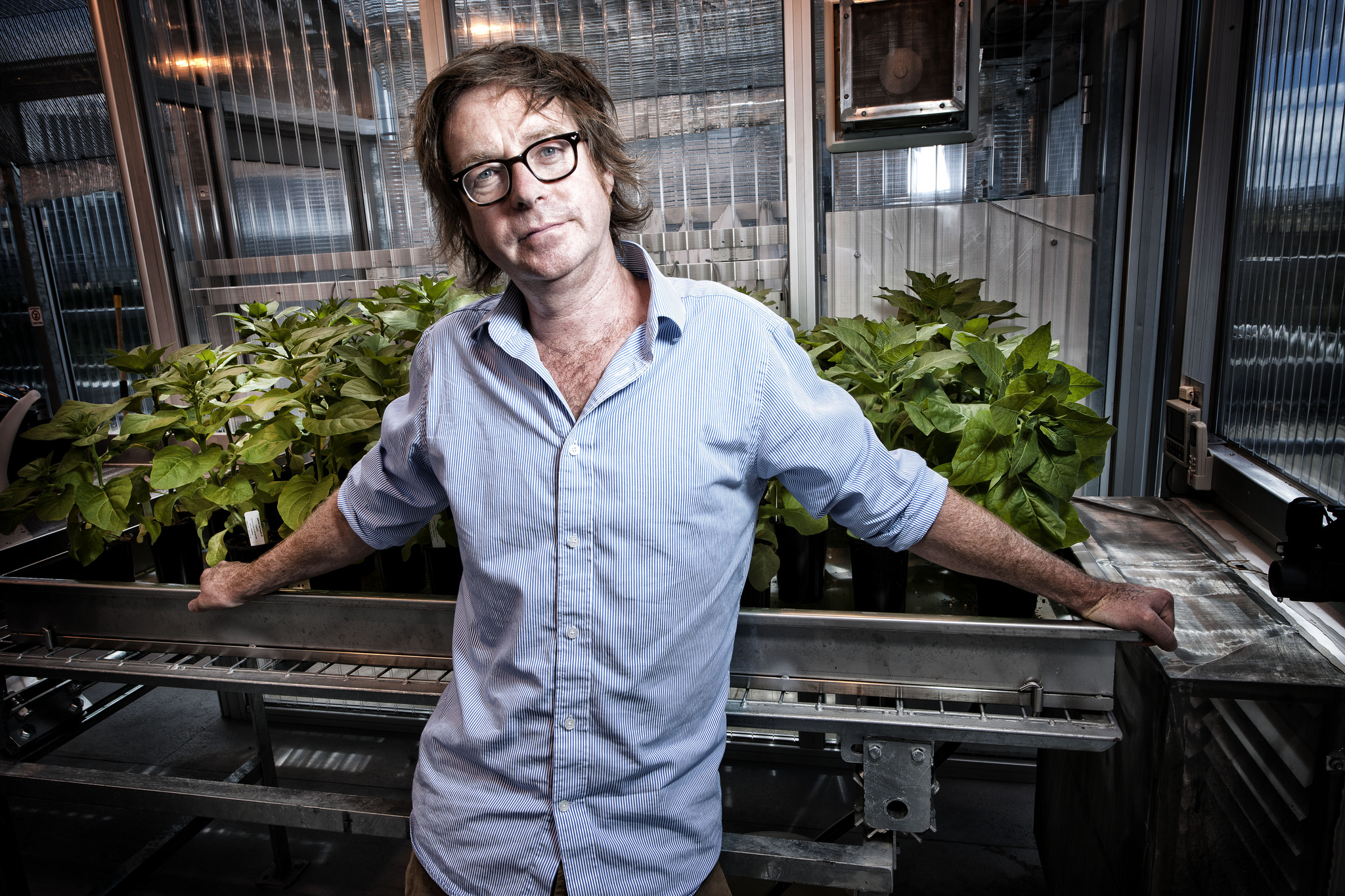Australian scientists are embarking on a five-year $13.3 million tree DNA project that will make it easier to develop fruit trees and nut trees that are resistant to drought and disease.
Researchers from QUT’s Institute for Future Environments (IFE) and the Queensland Alliance for Agriculture and Food Innovation (QAAFI) at the University of Queensland will join forces to map the DNA of the nation’s top five tree crops.
Unlocking these crops’ genetic codes will ultimately enable the development of ‘designer’ trees that are more productive and tailored to new cropping systems.
 The project will target Australia’s five leading tree crops – avocados, mangos, macadamias, almonds and citrus fruit – which accounted for about 56 per cent of horticultural tree crop revenue in 2017.
The project will target Australia’s five leading tree crops – avocados, mangos, macadamias, almonds and citrus fruit – which accounted for about 56 per cent of horticultural tree crop revenue in 2017.
The ‘genomic tool kit’ produced will enable tree breeders and researchers to better understand how genes control traits that are valuable to Australian growers, including tree size, yield, disease resistance, and tree maturity.
The project is being overseen and funded by Hort Innovation – a research and development corporation that is financed by the Australian Government, grower levies and industry.
Professor Roger Hellens will lead QUT’s involvement in the project and is the Deputy Executive Director of the IFE.
He said while scientists have discovered a lot about humans’ DNA and the DNA of field crops like wheat and rice, tree crops were still a bit of a mystery.

"Our work over the next five years we’ll solve that mystery and better understand the biology of these five tree crops," he said.
"In addition to creating opportunities for more adaptable, higher-yielding tree crops, this research combined with advances in robotics and digital agriculture, could really pave the way for the orchard of the future."
Hort Innovation Chief Executive Officer Matt Brand said Australia’s ability to be at the forefront of horticultural biotechnology was essential to ensure the industry remained profitable, productive and protected.
"While currently profitable, the horticultural tree industry faces numerous and significant challenges that stem from plant diseases, slow production and climatic changes," he said.
"Plant production is, by definition, a slow and timely process. This project will breakdown the genetic code of our five leading tree crop varieties to assess ways to develop more resilient trees that can withstand the changes expected in the coming years."
QUT






